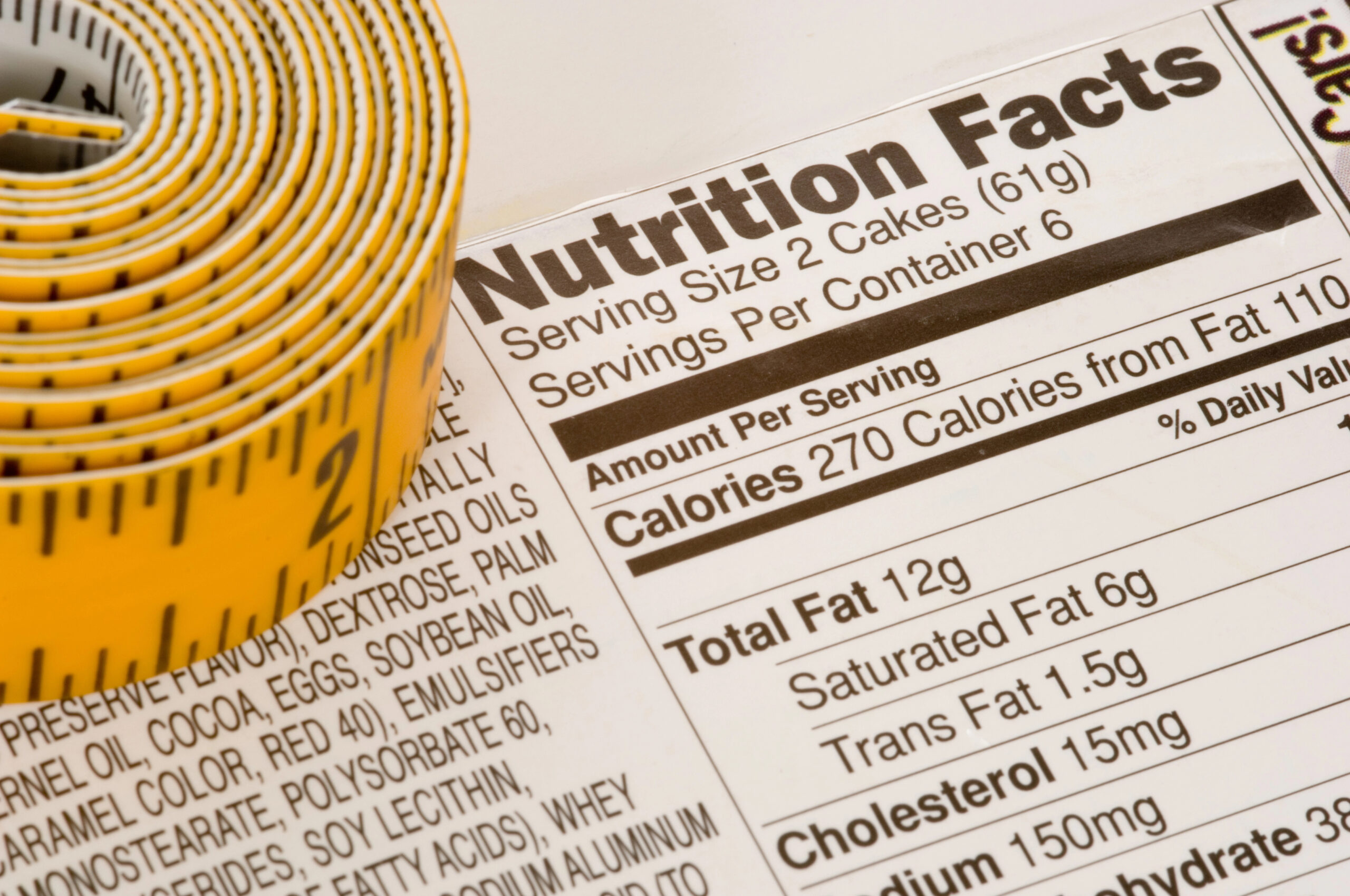Imagine stepping into a world where every meal you consume is not just a source of flavor, but a crucial piece of a larger puzzle that determines your vitality and overall health. This is the reality of understanding calories.
For women over 50, who often find themselves navigating changes in metabolism and health, knowing about calories isn’t just beneficial—it’s transformative.
They are more than just numbers on a nutrition label; they are the fuel that drives your energy levels, influences your weight, and impacts your well-being.
By delving into the intricacies of this topic, you gain control over your health, making informed decisions that can lead to a more energetic, vibrant life.
Let’s embark on this journey together to uncover the truth about calories and how they impact your daily life.
What Are Calories?
At its core, a calorie is a unit of energy. To put it simply, it measures the amount of energy that food provides.
When you eat, your body breaks down food into smaller components, such as proteins, fats, and carbohydrates, and uses these components to produce energy.
This energy is essential for every function your body performs, from maintaining basic bodily functions like heartbeat and breathing to more complex activities such as exercise and cognitive processes.
Understanding what calories are involves grasping that they are not merely a measure of how "fattening" a food item might be, but rather an essential part of how our bodies function.
Every calorie you consume contributes to your total energy balance—the sum of calories you take in versus the calories you expend.
Maintaining a balance between these two is crucial for sustaining health and preventing weight-related issues.
How Do Calories Work in the Body?
They play a fundamental role in how your body operates. The energy you derive from food is utilized in various ways.
Your Basal Metabolic Rate (BMR) accounts for the largest portion of your calorie expenditure.
BMR represents the number of calories your body needs at rest to maintain essential functions, such as respiration, circulation, and cellular processes.
For women over 50, BMR can decrease due to age-related changes in muscle mass and metabolism, making it important to adjust caloric intake accordingly.
In addition to BMR, the calories you consume are also used to fuel physical activities. From walking to intense workouts, every movement requires energy.
The more active you are, the more calories you burn.
The balance between calorie intake and expenditure affects your body weight: if you consume more calories than you burn, the excess is stored as fat; if you consume fewer, your body will use stored fat for energy, leading to weight loss.
Understanding the concept of calorie balance—how the number of calories you consume compares to how many you burn—is crucial.
This balance is not static; it changes based on factors like activity levels, hormonal fluctuations, and age.
Striving for a balance that supports your health goals is key to achieving and maintaining a healthy weight.
Different Types of Calories
Not all calories are created equal. They come from three primary macronutrients: carbohydrates, proteins, and fats.
Each macronutrient provides a different caloric value.
Carbohydrates and proteins each provide 4 calories per gram, while fats provide 9 calories per gram.
This means that fats are more calorie-dense compared to carbohydrates and proteins.
However, the quality of calories you consume is just as important as the quantity.
Nutrient-dense calories come from foods rich in vitamins, minerals, and other beneficial nutrients, such as fruits, vegetables, whole grains, and lean proteins.
These foods provide essential nutrients that support overall health and well-being.
On the other hand, empty calories come from foods and drinks high in sugar and fat but low in nutritional value, such as sugary snacks, sodas, and processed foods.
Consuming too many empty calories can lead to weight gain and nutritional deficiencies.
Choosing foods that provide a good balance of macronutrients and essential nutrients helps ensure that your calorie intake supports your health goals rather than undermining them.
The Importance of Caloric Intake
Understanding your daily caloric needs is fundamental to maintaining a healthy lifestyle.
The recommended daily caloric intake varies based on several factors, including age, gender, activity level, and overall health.
For women over 50, calorie needs may decrease due to a slowdown in metabolism and changes in muscle mass.
It’s important to adjust your caloric intake to reflect these changes to avoid unintended weight gain or loss.
Consuming too few of them can lead to a range of health issues, including decreased energy levels, compromised immune function, and nutrient deficiencies.
Conversely, consuming too many calories can contribute to weight gain and associated health problems such as heart disease, diabetes, and hypertension.
Finding a balance that meets your energy needs while supporting your health goals is essential.

Calories and Weight Management
They are closely linked to weight management. To lose weight, you need to create a calorie deficit, which means consuming fewer calories than you expend.
This forces your body to use stored fat for energy. Conversely, consuming more calories than you burn leads to weight gain, as the excess calories are stored as fat.
Effective weight management involves more than just reducing calorie intake.
It also requires a balanced diet rich in nutrients, regular physical activity, and healthy lifestyle habits.
Incorporating a mix of cardiovascular exercise, strength training, and flexibility exercises can help you manage your weight and maintain muscle mass.
It’s also important to address common misconceptions about calories and dieting. For example, not all calories are equal in terms of their effect on the body.
Calories from protein can help build muscle and promote satiety, while calories from sugar can lead to rapid spikes and crashes in blood sugar levels.
Understanding these nuances can help you make more informed dietary choices.
Counting Calories: Pros and Cons
Counting calories can be a helpful tool for some individuals, allowing them to track their intake and stay mindful of their eating habits.
It can provide a clear picture of how many calories are consumed versus how many are burned, which can be useful for weight management and dietary planning.
However, calorie counting has its drawbacks. It can become time-consuming and may lead to an unhealthy focus on numbers rather than overall nutrition.
For some people, it can create stress or exacerbate disordered eating habits.
It’s important to find a method that works for you, whether it’s through calorie counting, intuitive eating, or another approach.
Alternative methods for managing your diet and health include focusing on the quality of your food, practicing mindful eating, and making gradual, sustainable changes to your eating habits.
These approaches can help you maintain a healthy relationship with food while still achieving your health goals.
Practical Tips for Managing Caloric Intake
Managing your caloric intake effectively involves making smart food choices and being mindful of portion sizes. Here are some practical tips:
- Read Nutrition Labels: Check the caloric content of foods and pay attention to serving sizes. This information can help you make better choices and stay within your calorie goals.
- Choose Nutrient-Dense Foods: Opt for foods that are rich in nutrients and low in empty calories. This includes fruits, vegetables, whole grains, and lean proteins.
- Practice Portion Control: Be mindful of portion sizes to avoid overeating. Using smaller plates and bowls can help manage portions and prevent overconsumption.
- Incorporate Mindful Eating: Pay attention to hunger and fullness cues. Eating slowly and savoring your food can help prevent overeating and improve digestion.
Conclusion
Understanding calories is a crucial step toward taking control of your health and well-being.
By grasping the role of calories in your body, you can make informed choices that support your health goals.
Whether you’re managing your weight, improving your energy levels, or simply striving for a healthier lifestyle, knowledge about this topic empowers you to make better decisions.
Thank you for taking the time to read this comprehensive guide on calories!
We hope you found the information valuable and insightful. If you did, please save our site in your bookmarks and share this article with friends and family who might benefit from it.
Don’t forget to explore the Nutrition section on Woman Vitality for more articles just like this one.
Your journey to better health starts here, and we’re excited to be a part of it!
References
Rdn, D. L. M. (2023, March 8). What are calories and how many do you need? EatingWell. https://www.eatingwell.com/article/8033186/what-are-calories/
Metabolism and weight loss: How you burn calories. (2022, October 8). Mayo Clinic. https://www.mayoclinic.org/healthy-lifestyle/weight-loss/in-depth/metabolism/art-20046508
Toutant, R. (2023, May 22). Calories – energy and chemistry. PLT4M. https://plt4m.com/blog/calories-energy-and-chemistry/

Leave A Comment